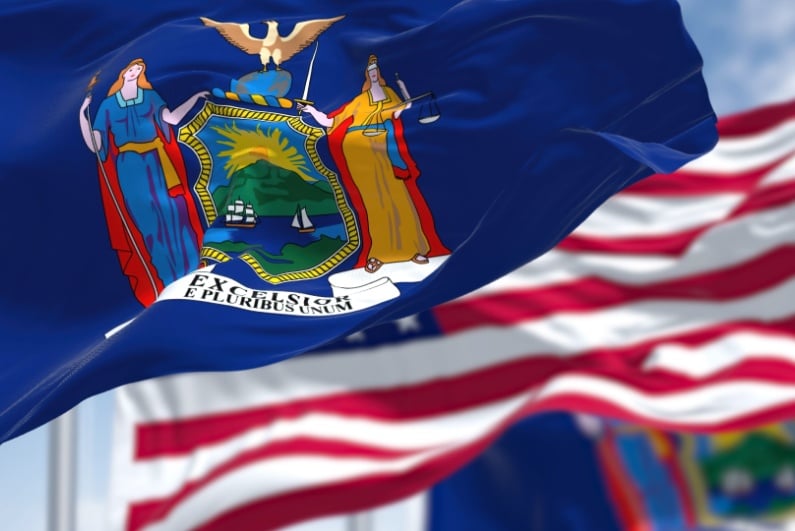A Lucrative Compact
The Florida state government and the Seminole Tribe have had an exclusive agreement in place since 2010. This means that only the tribe’s casinos can provide table games to gamblers in the state.
Under the deal, the tribe also has the exclusive right to offer slot machines in Florida, with only a few exceptions. It is a lucrative agreement for the state, which earns as much as $350m in tax revenue each year. Since the agreement was enacted, the state government has gotten more than $2bn from the tribe.
However, a number of the main terms of this compact expired during 2015. As a result, the significant funds that go to the state from the tribe could now be in jeopardy.
Potential Deal Stalling
The normal legislative session in Florida comes to an end within two weeks. A renewal of the current gambling compact with the influential Seminole tribe has been in the works for a number of years. However, despite negotiations the tribe and the state have not yet come to an agreement.
The previous governor, Rick Scott, found a makeshift solution to this issue. The state agreed with the Seminole Tribe that it would allow their exclusive right to offer blackjack to continue. This is in return for sharing revenues, which are in the hundreds of millions of dollars.
Unfortunately, this temporary fix will itself expire on May 31, 2019. If an agreement is not reached in time, then the state could risk losing more than $350m per year of potential gaming revenues.
To make matters worse, Governor Ron DeSantis’s latest comments on the matter have cast uncertainty about reaching a deal.
He appears to be skeptical about some of the provisions in the latest draft of the renewal compact. While DeSantis wants to cooperate and to get a deal in place, he does not want to rush into something that is not a fit for the people of Florida.
Potential Changes
The draft compact proposal allows for legal sports betting. This would see the Seminole Tribe being the main party looking after pari-mutuels in Florida. It would also allow live betting at the pro sports venues.
DeSantis is not in favor of this part, as he believes it could have affect the integrity of sports. He also said it is a moral hazard if you can place prop bets, such as if the first pitch of a baseball game is going to be a strike, for example.
He is also contemplating the potential legalization of online sports betting. DeSantis is generally open to legal sports betting in the state once proper discussions are held.
The main talking point for the compact is the exclusivity of table games. The tribe has threatened in the past to stop sending payments to the government if the original compact terms were not upheld.
They were of the belief that some pari-mutuels were bending the rules and violating the tribe’s exclusivity agreement. Under a new compact, the way pari-mutuels deal with card games would alter significantly, in effect making them unprofitable. However, the pari-mutuels would be able to offer sports betting but still share these revenues with the tribe.
The tribe also wants to add roulette and craps to its casino offerings.
Is a Deal Likely?
With fewer than two weeks left to iron out a deal, time is running out. It does not look likely at this stage as a lot of new legislative work is needed to pass this compact through in time. Every lawmaker will want to have their say on the issue and there likely will be a lot of debate.
The current deal on the table could see the state earn $400m annually from the tribe, even rising to $500m over time. While this is an increase on the previous $350m, lawmakers as a whole do not really like the terms of the proposed new compact.




